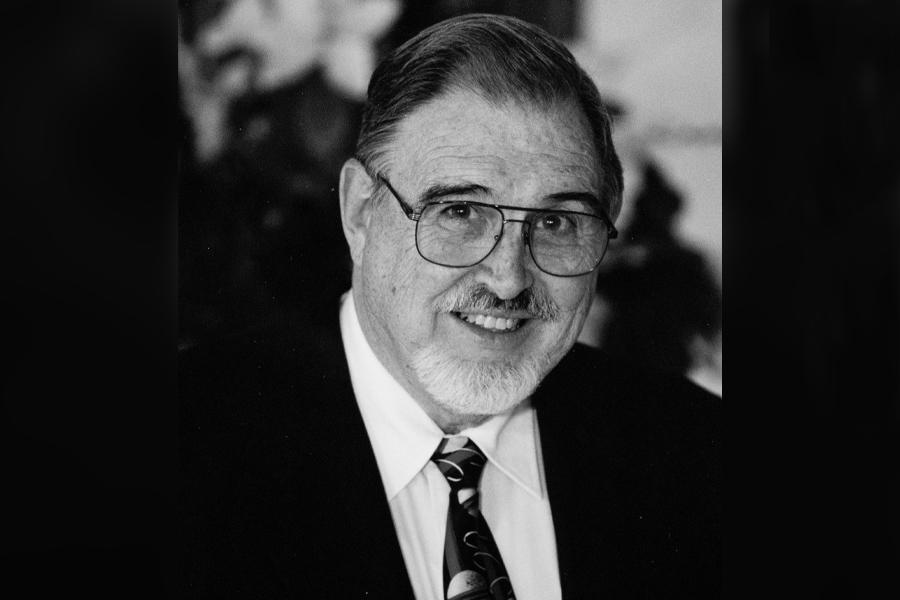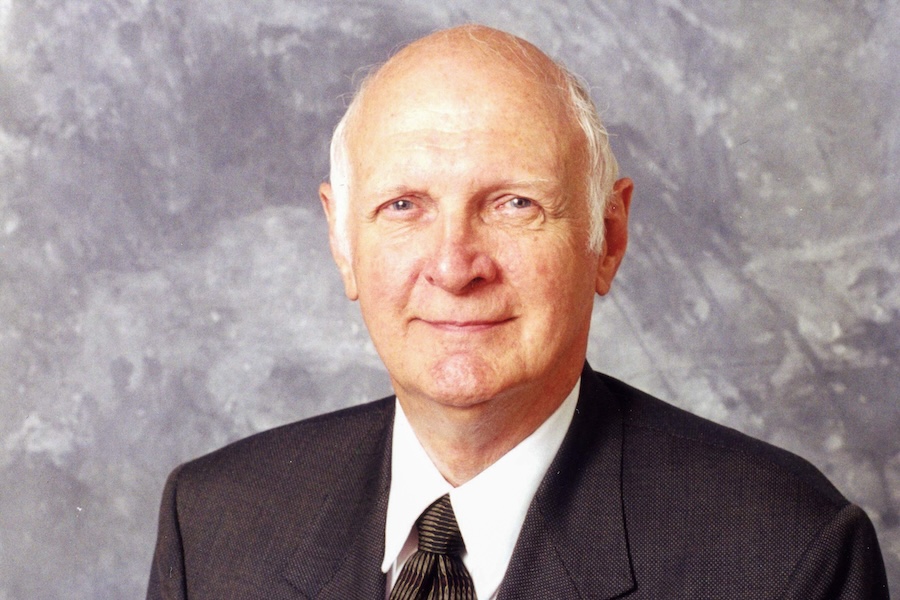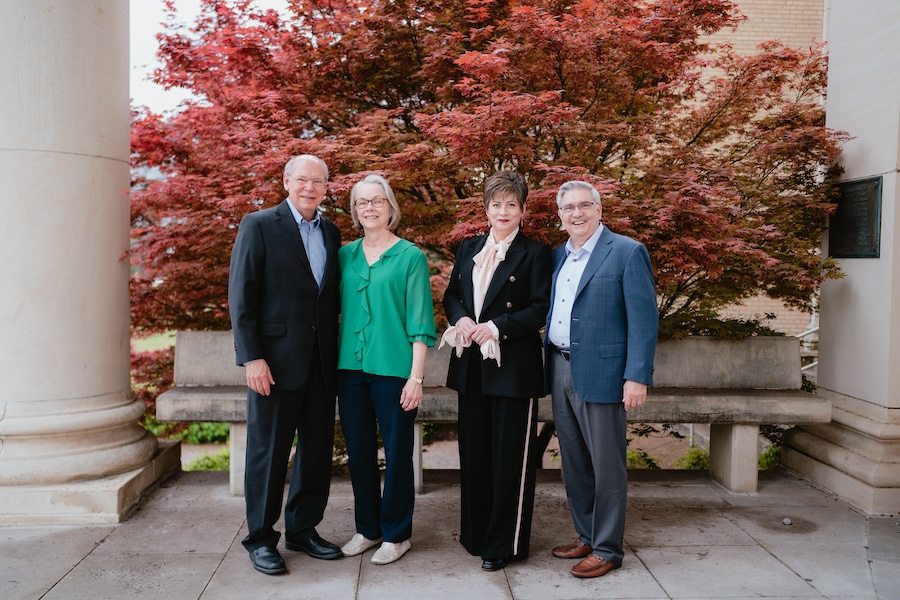HOW-TO: Have Gospel conversations with atheists

Editor’s Note: The following article originally appeared in the Spring 2021 issue of Southwestern News.
As a former atheist, I understand a little how some atheists think. Like most atheists I’ve met, I remained staunchly convinced of my atheism even though I could not produce convincing reasons for it. Christians witnessing to me at that time surely were tempted to give up! Some things I have learned about sharing Christ with atheists I learned the hard way. So, they are presented here as “don’ts”:
1. Don’t try to be a clone of your favorite apologist. They write books and speak at conferences, so they do all the talking. But you are usually one on one or with small groups. Jesus and the apostles modeled how to have meaningful dialogues when they were with individuals. So, take pressure off yourself and let your friend talk, too.
2. Don’t assume you know their beliefs. Atheists are people, not standardized targets. One-size Gospel fits all, but not all atheists have the same beliefs. They may or may not believe in objective right and wrong, whether there is purpose in the world, and most importantly, have an opinion about who Jesus is. By asking “Gospel” questions (where did we come from, what’s wrong, what’s the answer, where are we going?), you will be able to diagnose them and converse more meaningfully.
3. Don’t assume they know your beliefs and, most importantly, really understand the Good News. Share it simply as the teachings of the most influential person who ever lived. Ask what they think about it, and how they come to that view. Let the Holy Spirit work on them through presenting the real Jesus.
4. Don’t think you have to disagree about everything. When atheists say something like, “The world is a sad place,” or “I love my family,” enthusiastically agree with them. Now you can tell how these things make so much sense for you from the biblical perspective.
5. Don’t assume they are consistent in their beliefs. Ask questions like, “How do you make sense of believing in the dignity of persons if we are accidental byproducts of nature?”
6. Don’t assume your conversation is not “working” if the atheist shows no movement toward God. God is at work when we don’t see it (as in planting, watering, and weeding).
7. Don’t think you have to know everything. Definitely don’t fake it. If your friend raises tough questions, admit you need to think about them. Now you have opportunity to set up another (Gospel) conversation! Go, get help, and learn more about the (scientific, theological, philosophical, etc.) issue at hand. God wants you to grow by practicing, not by waiting until you have a doctorate in evangelism and apologetics.
In conversations with atheists, I try to be patient and let the Holy Spirit do His work. Perhaps I can contribute to their realizing their need for Christ. And always prayer is essential. I continue to pray for some atheists years after I last saw them. The harvest is ultimately the Lord’s.
Ted J. Cabal is professor of philosophy of religion at Southwestern Seminary.



